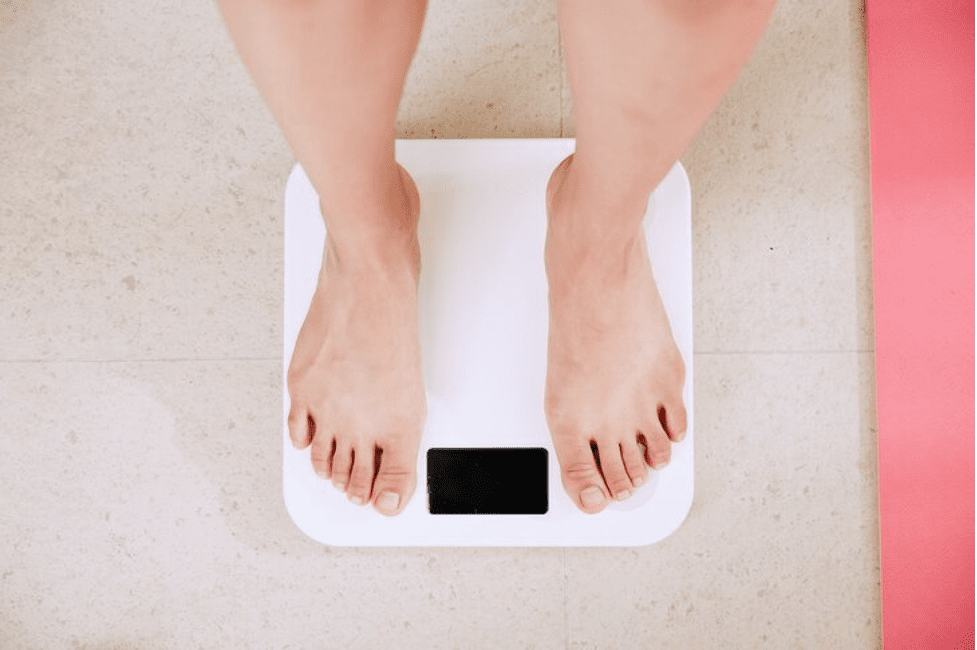Are you trying to lose that extra weight with the help of a natural dietary method? If yes, how's it been working for you? Do you see any evident results? Hard to say, right?
Well then, how about trying out the ketogenic diet? Heard of it yet?
With the awareness of a healthy body spreading like wildfire, people have been adopting all sorts of diet plans (TBH, a humongous new breed of diets has emerged to fuel the craze too!). But according to expert nutritionists, a ketogenic diet is one of the most effective diet plans.

i yunmai/Unsplash | In a world of failing weight loss methods, a ketogenic diet is an effective dietary strategy
A keto diet pushes a person to consume a limited amount of carbohydrates. It may sound absurd since many diets focus on increasing the carbs and cutting the fats, but it turns out, limiting carb intake is beneficial for people with obesity. But just like every coin has two sides, keto also comes with its pros and cons. If it shows exemplary results, it also has its complications and might result in metabolic diseases.
But let's keep that aside for now and focus on the bright side.
What is a keto diet?
The keto diet consists of food items that are high in fats, moderate in protein, and low in carbohydrates. Due to an increase in fats and reduction of carbs, your body reaches a metabolic state that's known as ketosis. Soon after, it starts turning fats into ketones, a type of molecule that supplies energy to the brain. After a few days, or weeks, your body and brain both become highly efficient at burning fats and ketones in order to fuel energy. Interesting, eh?!

Seriously Low Carb/Unsplash | The keto diet pushes you to stick to food that’s high in fats, moderate in proteins, and low in carbohydrates
This diet is also beneficial for people suffering from type2 diabetes. It helps lower insulin levels, leading to an improvement in insulin sensitivity and blood sugar management.
Keto diet and fat loss
Many people who’ve ''gone keto" have reportedly seen stellar results. But the question is, does the diet result in healthy weight loss? Moreover, will such weight loss last? To answer these questions, we’ve got to dig a little deeper.
The human body is a complex organism with an amazing ability to adapt to whatever we put it through. There are different pathways through which our bodies derive their required energy. Each macronutrient (fats, proteins, or carbs) can be used to generate energy. Usually, our bodies derive energy from carbohydrates, but in the case of keto, fats are oxidized within the body to generate energy.

Levi Frey/Unsplash | Usually, our bodies derive energy from carbohydrates, but in the case of keto, fats are oxidized within the body to generate energy
Now an important thing to remember here is, that just because you're deriving energy from fat doesn't mean your body won't store fat. It definitely will; in fact, if your percentage of fat storage is more than what you're burning, you'll get fatter. The key lies in tracking your fat intake just like you would have tracked your calories. Only then you'll be able to see the desired results, or else it'll just be a matter of hard cheese for you, mate!
Bottom line
A reduced calorie intake doesn't guarantee rapid fat loss. It only makes you sick and stuck throughout your weight loss journey. Thus, it’s critical to remember that you should fulfill your calorie needs while on a keto diet. Cutting a lot of calories can slow down your metabolism and only make it harder to lose weight. So, indulge in the right practices and take advice from an expert dietitian or nutritionist.







